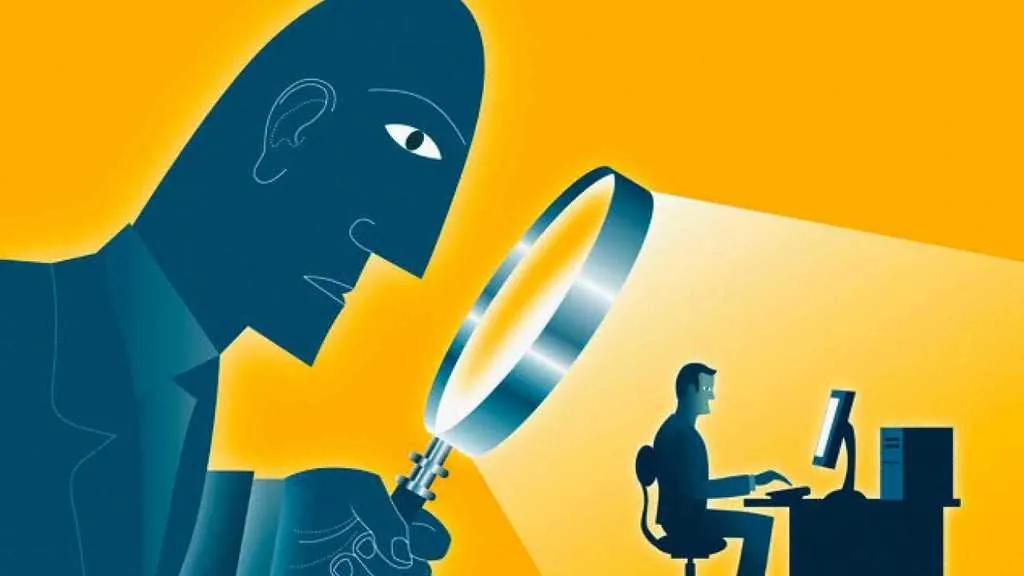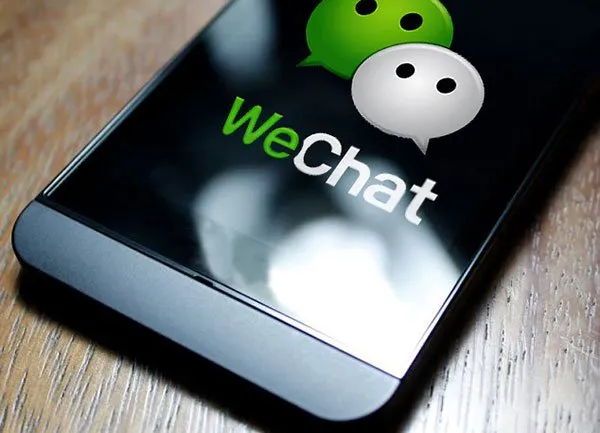
For the past few years, many have raised concerns over the hegemony of a few big companies and their ability to track information about what we do. After Snowden's revelations, we know that this extends to many national governments and spy agencies across the world.

These concerns are quite real, and I'm glad we're having a public conversation on them. But they pale in comparison to what the Chinese government was able to accomplish.
China
Most people have no idea what's happening in China.
A well produced video reportage by The New York Times gives a peek into this very different world, where a sheltered internet has given rise to a new breed of app.

The SuperApp
When we think of applications and how we do things, we think Facebook for friends, Instagram for photos, reddit for discussions, Yelp for restaurants, WhatsApp for chatting, PayPal for payments, Amazon for Ecommerce, Medium (and steemit?) for blogging, etc.
You get the point.
But that's not how Chinese think. Enter WeChat.

WeChat is a monstrous giant that is capable of doing pretty much all the above, all within the same application, and practically every person in China who has an internet connection is using it.
It has over a billion created accounts and 700 million active users. And that's pretty much just for one country: China.
It does text messaging, hold-to-talk voice messaging, broadcast messaging, video conferencing, video games, built in photo editing, location sharing, payments, customer reviews, and I wouldn't be surprised if it soon started making your coffee.
And we know that the Chinese government heavily restricts and controls the internet. It has unprecedented access to all the data it wants, including that of WeChat.
If you want to do any business in China, you have to bow down and accept the government's strict rules. The recent Uber-Didi's Chinese Mega Deal gave american companies a taste of that.
The Future
This is a glimpse of where we could be headed ourselves. The big f, the big a, and the big g are already working towards this, whether you have noticed or not.
What does this mean for our future? What is the extend to which we can (or should) trust corporations and governments with our data, the knowledge of our habits, our political leanings, our moral views, what we buy, where we go, who we meet up with?
Is this inevitable? Are you concerned? What role will blockchains and cryptocurrencies play in this game?
Share your thoughts.